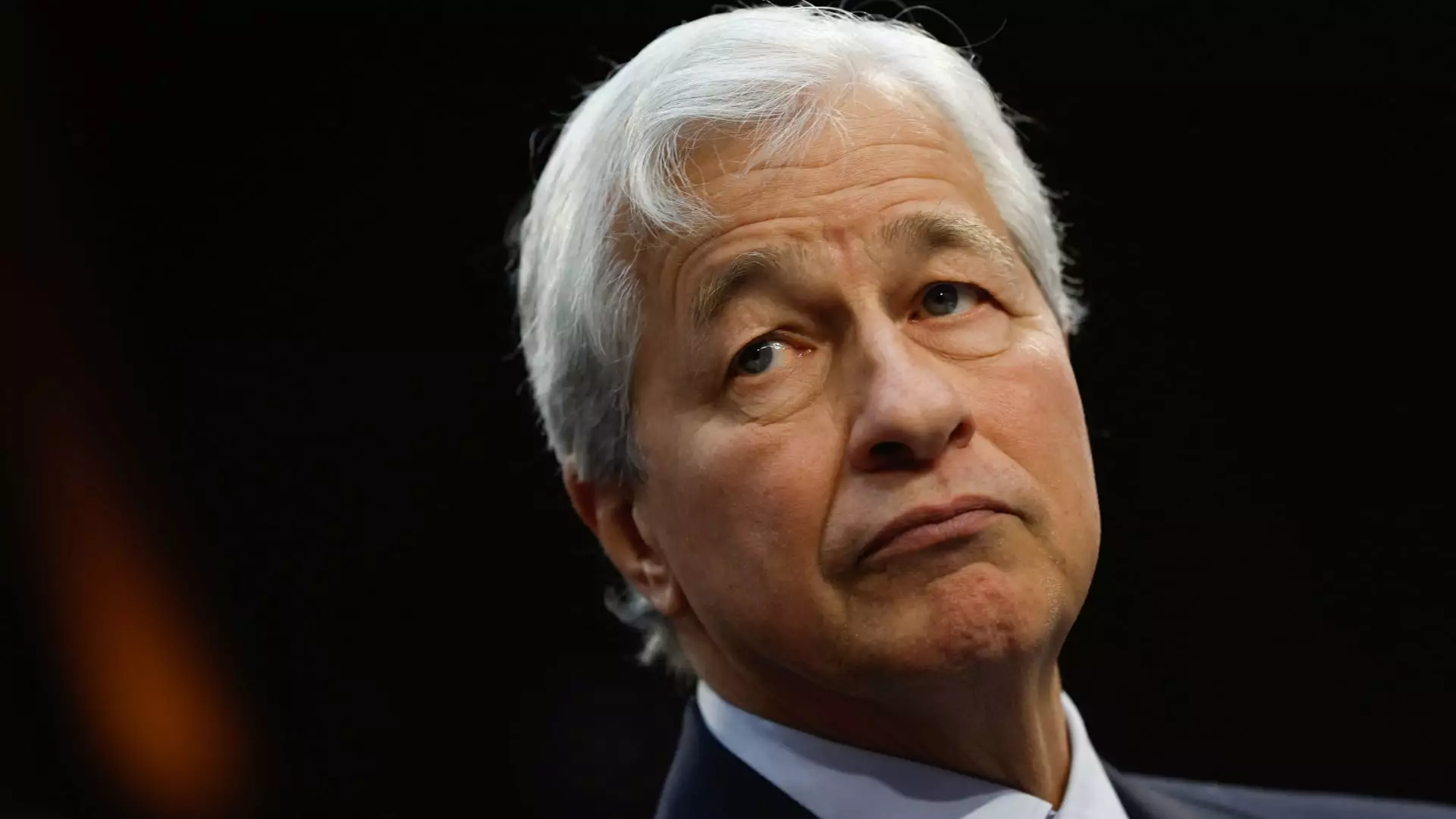In recent times, geopolitical uncertainties have seized headlines worldwide, raising alarms among business leaders, particularly within the financial sector. Jamie Dimon, CEO of JPMorgan Chase, has articulated these concerns as risks escalate amid ongoing conflicts, notably in the Middle East and Ukraine. His observations, outlined during a recent earnings call and a fireside chat at Georgetown University, paint a precarious picture of global stability. These crises not only underscore humanitarian suffering but also threaten long-standing economic frameworks that have prevailed since World War II.
The ongoing violence, especially the devastating conflict between Israel and Hamas, has resulted in large-scale humanitarian crises. As the conflict marks its one-year anniversary with significant casualties, the broader implications include destabilization in the region and potential global economic repercussions. Dimon emphasized that such conflicts could alter the course of history, suggesting that these events might create ripple effects far beyond borders. The intertwining of human suffering with economic fallout raises critical questions about how businesses and governments can effectively respond.
Dimon further elaborated on the multifaceted nature of current global relations, highlighting rising tensions between the U.S. and China, alongside the potential for nuclear threats from countries like Iran and North Korea. These developments have implications for international governance, suggesting that the established order is under strain. The need for decisive leadership from the United States and allied nations has never been more pressing, emphasizing the interconnectedness of security and economic strategies in addressing these escalating risks.
The geopolitical landscape is further complicated by military maneuvers, as reflected by Russia’s significant increase in defense spending in response to its ongoing conflict in Ukraine. Such actions indicate a commitment to maintaining a robust military posture, which can destabilize regional economies and international markets. Dimon’s warnings signal a call to action for policymakers who must navigate a complex environment characterized by military aggression and economic uncertainty.
Despite indications that the U.S. economy is showing signs of resilience, Dimon remains cautious about a sustainable recovery. He highlights lingering concerns such as fiscal deficits, infrastructure inadequacies, and shifts in global trade dynamics. These elements, coupled with military remilitarization trends, could pose significant challenges for economic stability. As the economic landscape evolves in response to geopolitical shifts, the financial sector must adapt to these complexities to mitigate risks and harness opportunities.
Jamie Dimon’s reflections on current global crises underscore the intertwined nature of humanitarian issues and economic stability. As the world navigates these turbulent waters, it becomes increasingly essential for business leaders and policymakers to engage proactively. The stakes are high, and collective actions will determine how effectively societies confront and adapt to these challenges. Ultimately, staying informed and responsive to the evolving geopolitical landscape is crucial for fostering resilience in both economic and human dimensions.


Leave a Reply